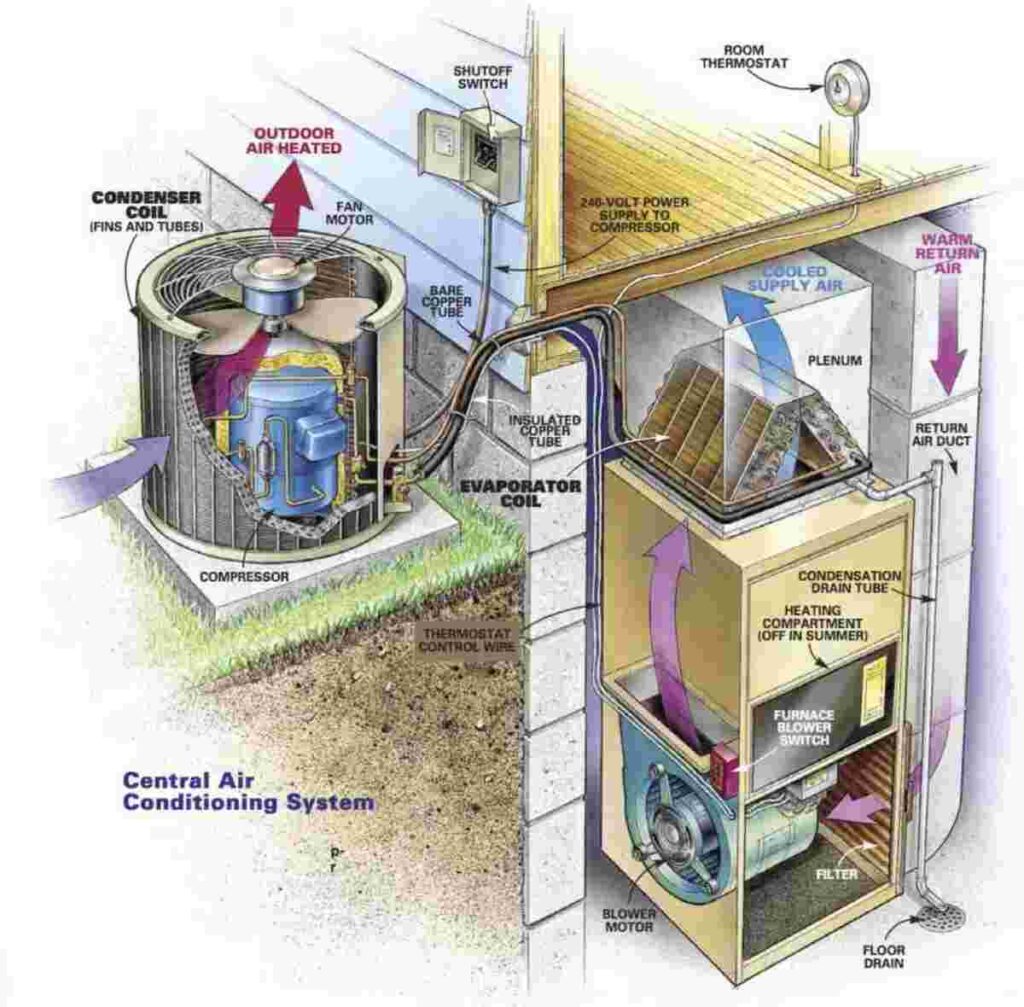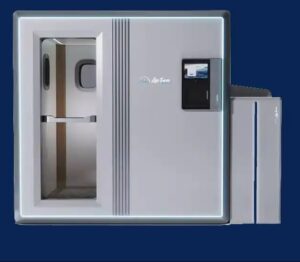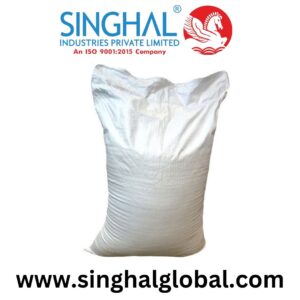Heat pumps are a vital part of HVAC systems in various environments, including offices, schools, and homes. Regular heat pump maintenance ensures not only the system’s optimal performance but also its longevity, leading to reduced energy costs and minimized repair needs. Whether you are an HVAC professional or a building manager, understanding the basics of maintaining these units is crucial. This guide will provide insights into keeping your heat pump air conditioner in top condition and also touch on service ac jakarta when more specialized intervention is needed.
Why Regular Heat Pump Maintenance Matters
Heat pump air conditioners serve a dual function—they cool during the summer and heat during the winter. Due to this versatility, they operate almost year-round, which can make them more susceptible to wear and tear compared to other HVAC systems. Regular maintenance brings several benefits:
Extended Lifespan: Proper maintenance helps prevent unexpected breakdowns and significantly extends the lifespan of the unit.
Energy Efficiency: A well-maintained system will function more efficiently, which results in lower energy bills.
Indoor Air Quality: Maintaining the heat pump ensures better filtration, improving the overall indoor air quality—a key concern in spaces like offices and schools.
Essential Heat Pump Maintenance Tasks
1. Inspect and Clean Filters
One of the most crucial steps in heat pump maintenance is to inspect and clean the air filters regularly. Dust and debris clog up filters over time, reducing efficiency and causing the system to work harder, which increases energy costs. Filters should ideally be cleaned or replaced once a month, especially in environments with a lot of dust or allergens, such as schools and urban offices.
Tip: If the system is used extensively, consider replacing filters more often during peak heating or cooling seasons.
2. Check the Coils
The evaporator and condenser coils of the heat pump should be inspected at least twice a year. Over time, these coils collect dirt, which limits their ability to absorb and release heat. This can strain the entire system and decrease efficiency. Use a soft brush to clean the coils or, if they are particularly dirty, consider calling an HVAC professional.
For those in Jakarta, searching for service ac jakarta services can be a great way to find professionals who understand local conditions and the specific needs of your unit.
3. Inspect the Ductwork
Leaky or poorly insulated ducts are a common problem that significantly reduces the efficiency of a heat pump. Conduct a visual inspection of the ductwork to ensure there are no leaks or disconnections. Proper sealing and insulation of ducts are particularly important in larger setups, such as schools and office buildings, where even minor leaks can lead to significant energy losses.
Pro Tip: Using aluminum foil tape is an effective and long-lasting solution to fix minor duct leaks.
4. Check the Thermostat Settings
A properly calibrated thermostat ensures that the heat pump delivers comfort without wasting energy. Make sure the thermostat is correctly set for the time of year and the type of space it serves. Programmable thermostats are an excellent option for schools and offices, allowing for temperature adjustments based on occupancy patterns to maximize energy savings.
When to Call a Professional HVAC Service
There are times when regular maintenance simply isn’t enough, and professional help is required. Signs that you may need to call an **HVAC repair Jakarta** service include:
Unusual Noises: If the heat pump starts making strange grinding or banging noises, it could indicate a serious problem with the compressor or motor.
Constant Cycling: If the system turns on and off too frequently, it could be an issue with the refrigerant level or airflow.
Poor Performance: If you notice that rooms are not being heated or cooled properly, this may indicate a problem with the refrigerant or ductwork.
Calling a professional in these cases ensures that small issues are addressed before they become major problems, reducing overall costs and ensuring your system runs smoothly.
Tips for Seasonal Maintenance
To keep your heat pump in good working condition, follow these seasonal tips:
Spring and Fall: These are the ideal times for a comprehensive inspection and tune-up. Ensure that the refrigerant level is correct, coils are clean, and all electrical connections are secure.
Summer and Winter: During peak usage times, perform monthly filter checks and monitor energy bills for any unexpected increases, which might indicate reduced efficiency.
The Importance of Professional Inspections
While DIY maintenance can go a long way, professional servicing is recommended at least once a year. A qualified technician can perform in-depth checks, clean and calibrate components that you may not be able to handle on your own, and spot potential issues before they escalate.
If you’re in a specific region like Jakarta, searching for “HVAC repair Jakarta” can bring you professionals who are familiar with the climate’s unique challenges, ensuring the most efficient performance of your system.
Conclusion
Maintaining a heat pump air conditioner* is essential for comfort, efficiency, and indoor air quality in homes, offices, and schools. Regular inspection of filters, coils, ductwork, and thermostats will keep your system in optimal condition while extending its lifespan. Don’t hesitate to contact professional HVAC repair services when necessary—preventive care now can save costly repairs in the future.
By implementing these maintenance practices, you’ll not only reduce energy consumption and costs but also provide a more comfortable and healthier environment for everyone in the space.







